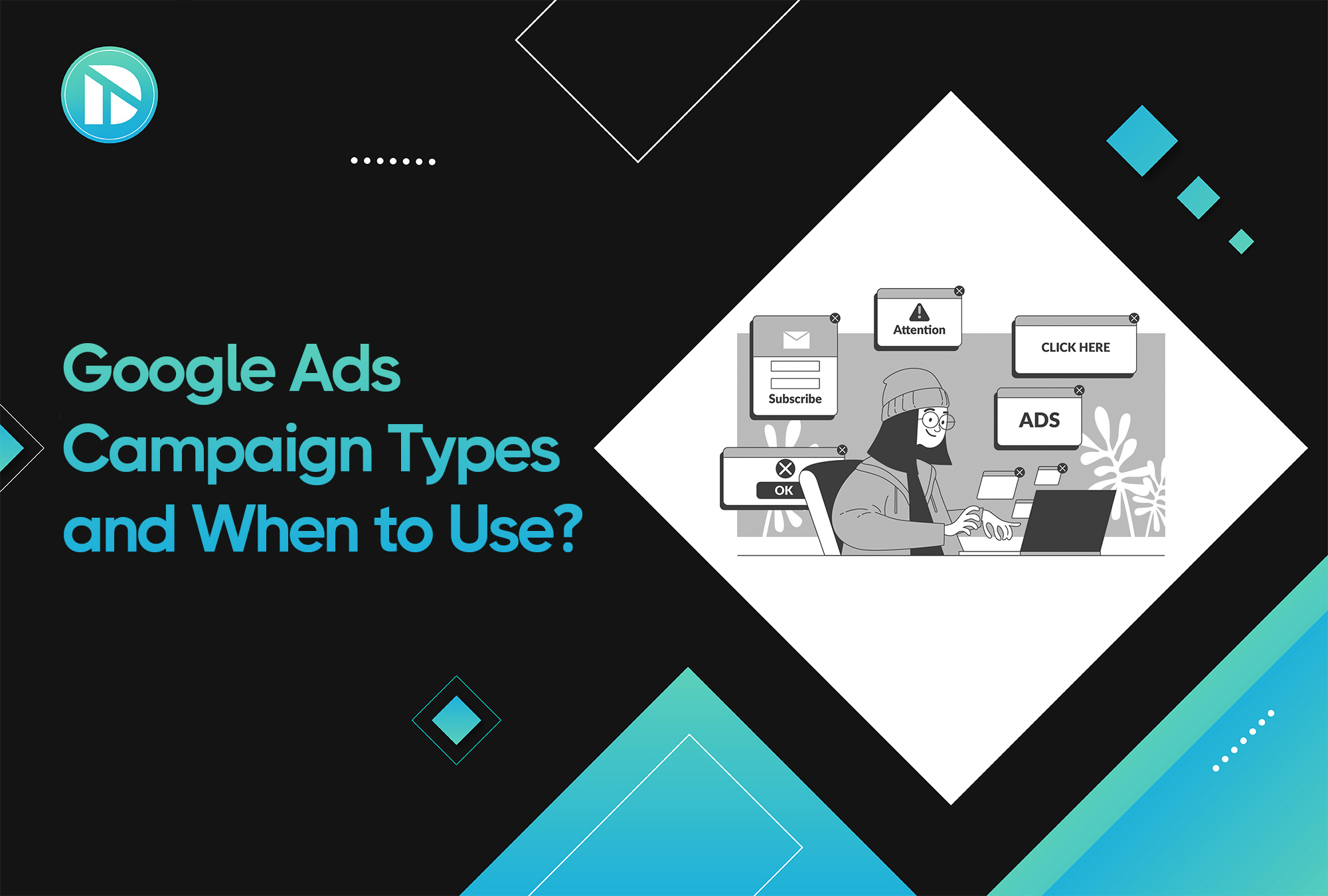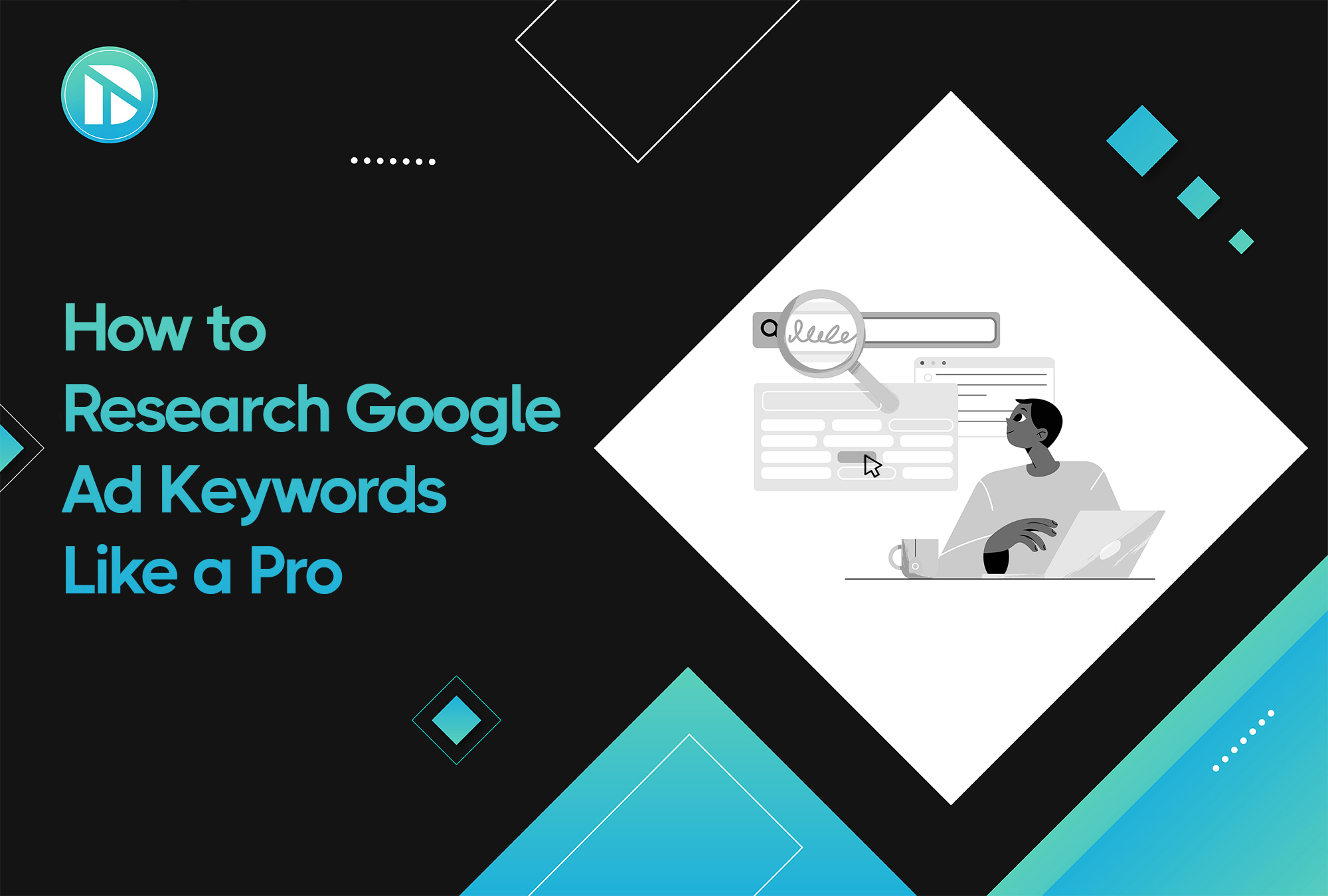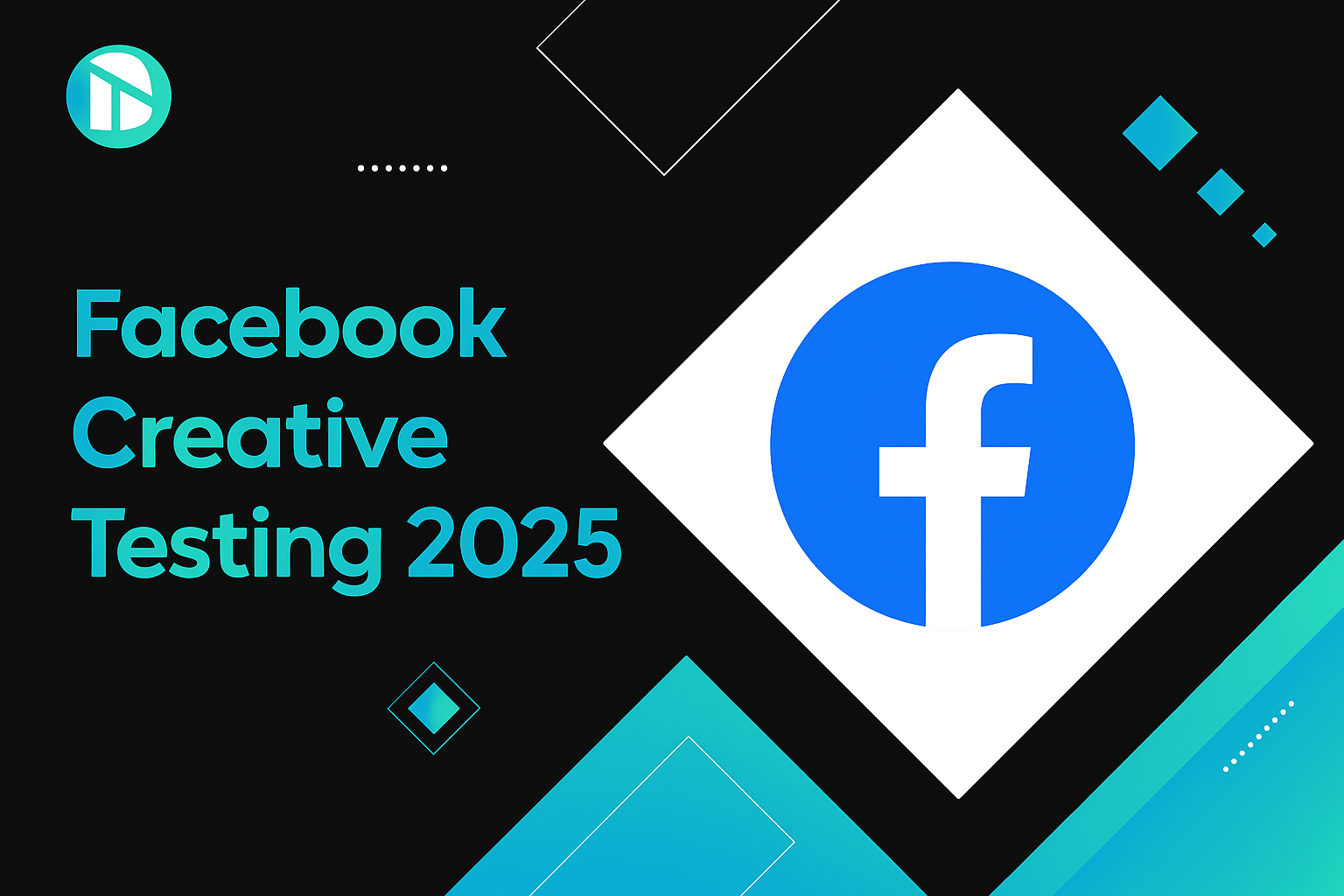The rise of AI tools and no-code platforms has sparked a bold question in tech circles: Is web development dying? It’s easy to see where the myth comes from. These days, anyone can spin up a website in a few hours using drag-and-drop builders or AI site generators. But does that mean traditional web development is on its way out?
Not even close.
In reality, web development isn’t dying, it’s evolving. And custom web development? That’s more important than ever. As the digital world becomes more competitive and user expectations skyrocket, businesses need more than just a template. They need performance. They need identity. They need flexibility.
Let’s break it all down and see why custom web development still holds the crown.

The Rise of No-Code Tools and the Myth of Decline
There’s no denying it, no-code platforms like Wix, Squarespace, and Webflow are powerful. They offer convenience and simplicity for entrepreneurs, bloggers, and small businesses that just need to get online fast. Add to that the AI-powered site builders that can create basic layouts in minutes, and it’s no wonder people are asking: Do we still need developers?
The short answer? Yes. The long answer? Absolutely yes.
No-code tools serve a purpose, but they’re not built for complexity. They shine when the requirements are simple, the budget is tight, and scalability isn’t a concern. But the moment you need to go beyond the basics, custom features, seamless integrations, and optimized performance, that’s when no-code starts to fall short.
The Limits of Website Builders
Wix, Squarespace, and their competitors are great for getting started. But they come with limitations that most people only discover after their site is live.
- Lack of Flexibility
Want to add a custom booking engine? Or integrate an advanced CRM? Good luck with that on a no-code platform. These builders weren’t made for deep customization. You’re often stuck with what’s available in their app stores or plugins, and that limits innovation. - Performance Issues
Websites made on DIY builders often suffer from bloated code and slow load times. That’s because these platforms try to serve everyone with a one-size-fits-all solution. But what works for a bakery doesn’t always work for a SaaS company or an e-commerce brand. - SEO Shortcomings
While no-code tools claim to be SEO-friendly, they rarely offer the level of control developers have with custom-built sites. Advanced SEO tactics, like structured data, custom URL structures, or script-level optimizations, are often off the table. - Scalability
Planning to grow your site into a complex platform down the line? Most DIY builders can’t scale with you. If your user base spikes or you need more server control, you’ll be forced to rebuild from scratch.
68% of Businesses Face Integration Challenges with No-Code Platforms. These gaps are exactly where custom web development comes in.

Why Custom Web Development Still Matters
Custom web development isn’t about writing lines of code just for the sake of it. It’s about building digital experiences that are unique, powerful, and tailored to a brand’s exact needs.
Let’s look at the core reasons why custom web development continues to thrive and why it’s not going anywhere.
1. Performance Optimization That Actually Works
Speed matters. Users expect websites to load in under three seconds. Every second of delay increases bounce rates and kills conversions.
Custom-built websites allow developers to control every aspect of performance, from how scripts load to how images are compressed. You won’t get that kind of precision with no-code tools. And when performance translates directly to profit, cutting corners isn’t an option.
2. Design That Reflects Brand Identity
Templates are fast, but they’re also generic. If you want your brand to stand out, you can’t afford to look like a hundred other sites using the same layout.
Custom development lets designers and developers create something truly unique. Whether it’s interactive animations, bold layouts, or subtle UI touches, the goal is to turn your website into a digital extension of your brand. That level of originality just can’t be achieved with cookie-cutter templates.
3. Scalability and Future-Proofing
Custom websites are built with growth in mind. Whether it’s a membership portal, a large-scale e-commerce system, or a multi-language platform, developers use frameworks like React, Laravel, or WordPress to create scalable architectures that evolve with your business.
You’re not boxed in by a builder’s limitations. You’ve got room to innovate, expand, and adapt. And when your traffic jumps or your users demand new features, your custom site is ready.
4. Security You Can Trust
Security breaches are a growing concern, especially for e-commerce and data-heavy platforms. DIY website builders often don’t allow fine-tuned security controls. You’re at the mercy of their system and whatever protections they offer. 75% of IT Leaders Cite Security as a Concern with No-Code Platforms.
Custom-built websites, on the other hand, can be hardened with security best practices tailored to the application. Developers can implement server-side protections, data encryption, access control layers, and regular audits, all designed to reduce vulnerabilities.
5. Real SEO Control
SEO isn’t just about keywords anymore. Technical SEO, things like structured data, clean site architecture, schema markup, and crawl efficiency, play a massive role in how sites rank.
With custom development, you get full control over your SEO stack. Developers can fine-tune everything from meta tags to XML sitemaps. You’re not limited by a platform’s internal structure. That makes it easier to compete and win in search results.
The Developer’s Role Is Evolving
It’s true that automation and no-code platforms are changing how developers work. But that’s not a death sentence, it’s an opportunity.
Developers today are moving up the value chain. Instead of spending hours building static sites, they’re focusing on dynamic systems, complex integrations, and performance engineering. They’re solving business problems, not just coding pages.
In fact, the demand for skilled developers is higher than ever, especially those who can blend front-end design with back-end logic and user experience thinking.
FAQs
1. Can AI completely replace web developers in the future?
AI can automate basic tasks, but it lacks the creativity, strategic thinking, and problem-solving needed for complex, custom websites. Developers still play a critical role in delivering tailored digital experiences.
2. Is custom web development cost-effective for small businesses?
While it’s a bigger upfront investment, custom development pays off with better performance, longer lifespan, and fewer limitations as your business grows.
3. How do I know if I need a custom website or a no-code builder?
If your website needs advanced features, integrations, or must scale over time, go custom. For simple, static pages or quick launches, no-code might be enough.
4. What technologies are most commonly used in custom web development?
Popular choices include React for front-end, Laravel or Node.js for back-end, and WordPress for content-driven sites. The stack depends on your project's needs.
5. Does custom web development take longer to launch?
Yes, but that extra time goes into building something that fits your brand perfectly and performs better in the long run; it’s a tradeoff worth making.
Final Thoughts
So, is web development dying? Absolutely not. What’s dying is the idea that websites have to be built the same way they were a decade ago. The landscape is shifting, tools are evolving, and expectations are higher. But the need for tailored, powerful, and high-performing websites isn’t going anywhere.
Custom web development offers something no AI builder or no-code tool can: control, precision, and differentiation. In a digital world where everyone has a website, the how behind it makes all the difference.
If you want a website that works, not just exists, then custom web development isn’t just alive. It’s thriving. Want your website to reach new heights? Now’s the time. Contact DIGITORM and let the experts bring your vision to life.Meta Description: Is web development dying? Discover why custom-built websites still matter for performance, SEO, security, and long-term business growth.
.png)








.jpg)
